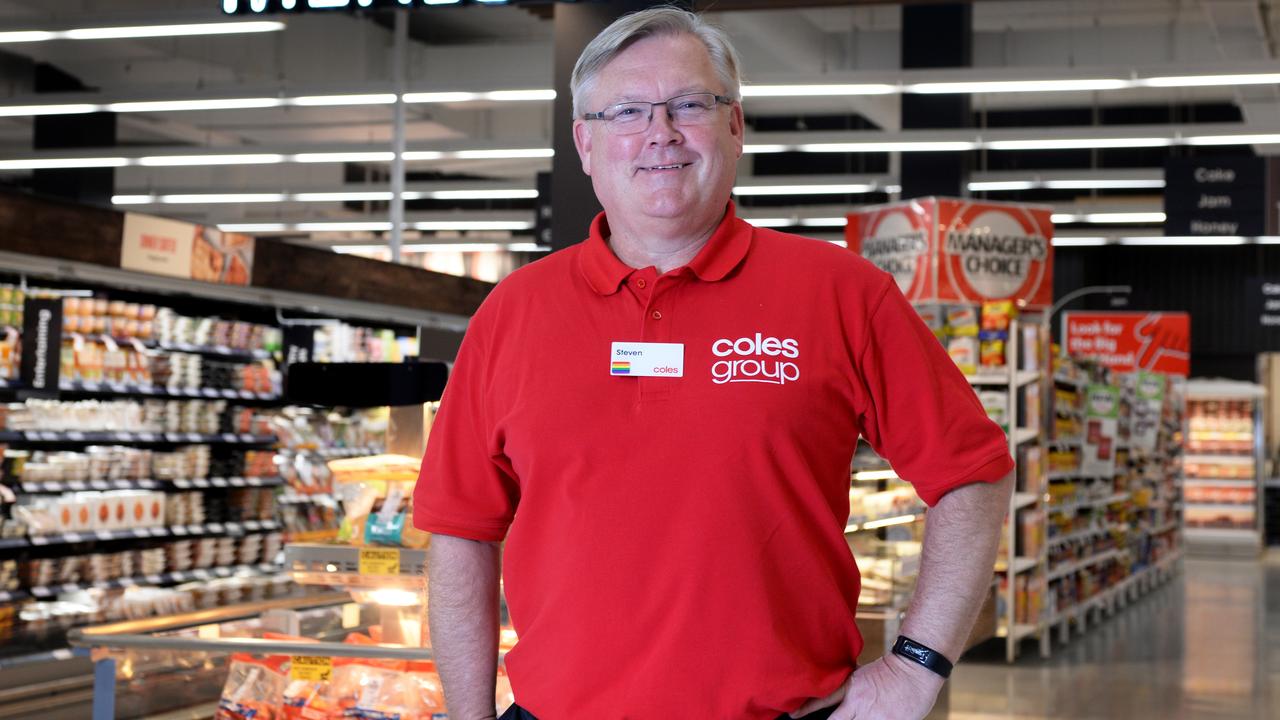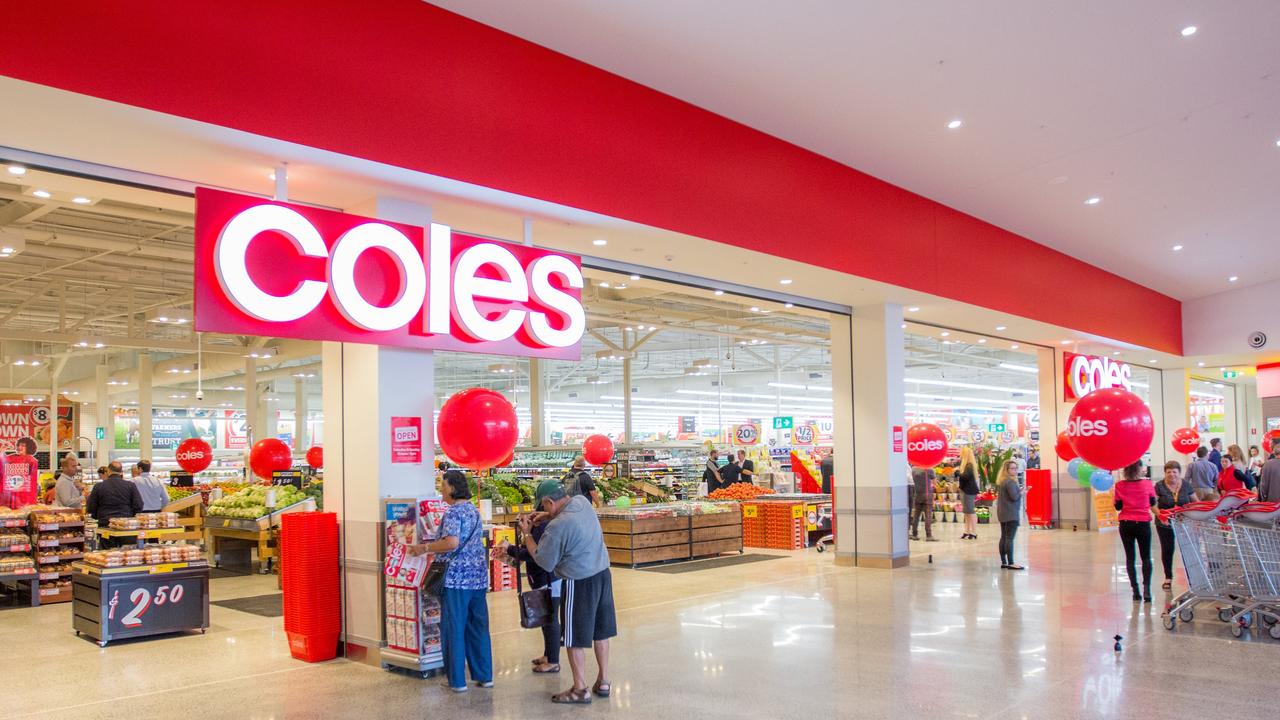The Coles CEO has issued a dire warning, foreshadowing the supermarket chain’s impending hike in grocery prices.
The Coles CEO has foreshadowed the supermarket chain’s impending hike in grocery prices as it contends with skyrocketing supplier costs and severe labour shortages.
Addressing attendees at The Australian’s Global Food Forum on Wednesday, Coles chief executive Steven Cain revealed he had received a staggering number of requests from supplies to increase prices.
“As I sit here today, we have got five times as many requests for price increases as we had last year. Five times,” Mr Cain said, The Australian reported.
“And they’re not small amounts. It’s not two per cent or three per cent being asked for either so there is, you know, the usual ‘pig in the python’ trying to work its way through the system, whether things plateau or whether they come down slowly remains to be seen.”
Compounding pressure on the country’s second biggest supermarket chain was extreme difficulty of stores to acquire and maintain a steady volume of keen workers.
“We do have a labour crisis in Australia, across many, many sectors. It has been compounded by what’s going on with Covid and the flu, our absenteeism today is twice normal with Covid, flu and the churn rate in most industries is increasing,” he said.

Mr Cain said a Coles store manager told him last week they had lost an employee to a dishwashing job paying $80,000 a year.
Labour cost increases would “flow through the system” in the coming 12 months, he added.
Customers directly affected by shelf price increases were likely to begin opting more for affordable frozen and canned options in lieu of fresh produce, Mr Cain said.
Woolworths Group CEO Brad Banducci earlier this year said price increases of two to three per cent had been unavoidable.
He said he wouldn’t be surprised if suppliers contacted him again to request further price rises.
The retail giants were battling with manufacturers increasing prices due to higher staff costs, staff shortages, Covid-19 rules and rising commodity and energy prices, and needing to provide affordable food to customers.
“It has now gotten to a point where the level of costs coming through now are just astronomical and businesses really are not able to contain that themselves anymore and are in negotiations with retailers to pass some of that through,” Australian Food and Grocery Council chief executive Tanya Barden said, according to the publication.
Mr Cain said eventually the shelf prices for staple items would begin to “soften”.

“We are expecting that some parts of the meat industry will start to eventually soften after years and years of increases and obviously once this next round of produce is planted we are hoping that it is going to be a bumper year for the farming community because there‘s a lot more moisture around and then we will see those prices starting to moderate as well,” he said.
Short term availability of produce affected by poor weather was set to improve in the coming weeks and months too, Mr Cain said.
“Every week we have got more products on the shelves. There are still issues obviously, particularly with international freight and … farming particularly in New South Wales and southern Queensland.
“Today, it’s very difficult to get hold of lettuce, it’s very difficult to get a hold of truss tomatoes … and then you get other products like bananas, grapes where there’s more plentiful supply and the prices are down in the last year.
“So it is a bit hit and miss but on average every week it is getting better. But it is fragile.”
Extracted from News.com.au


